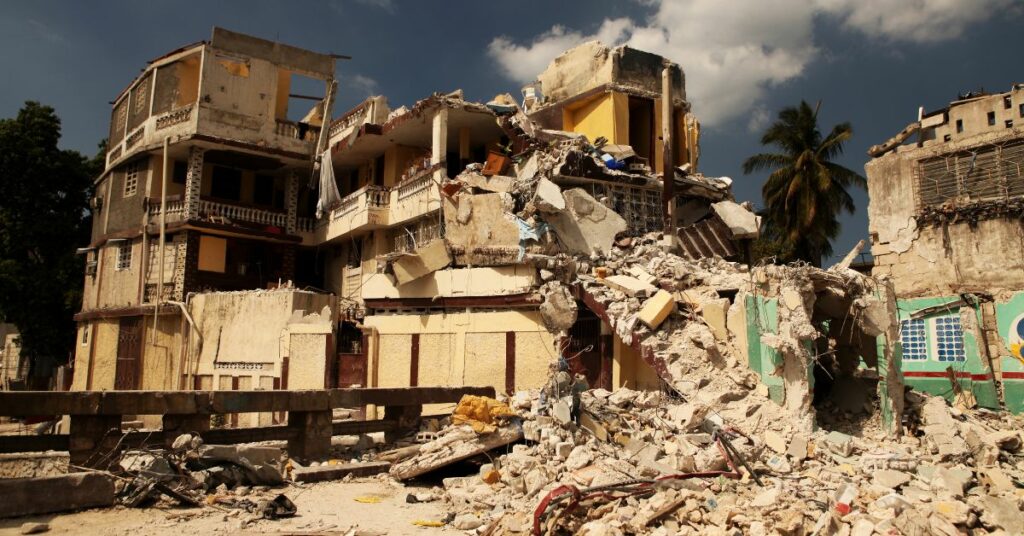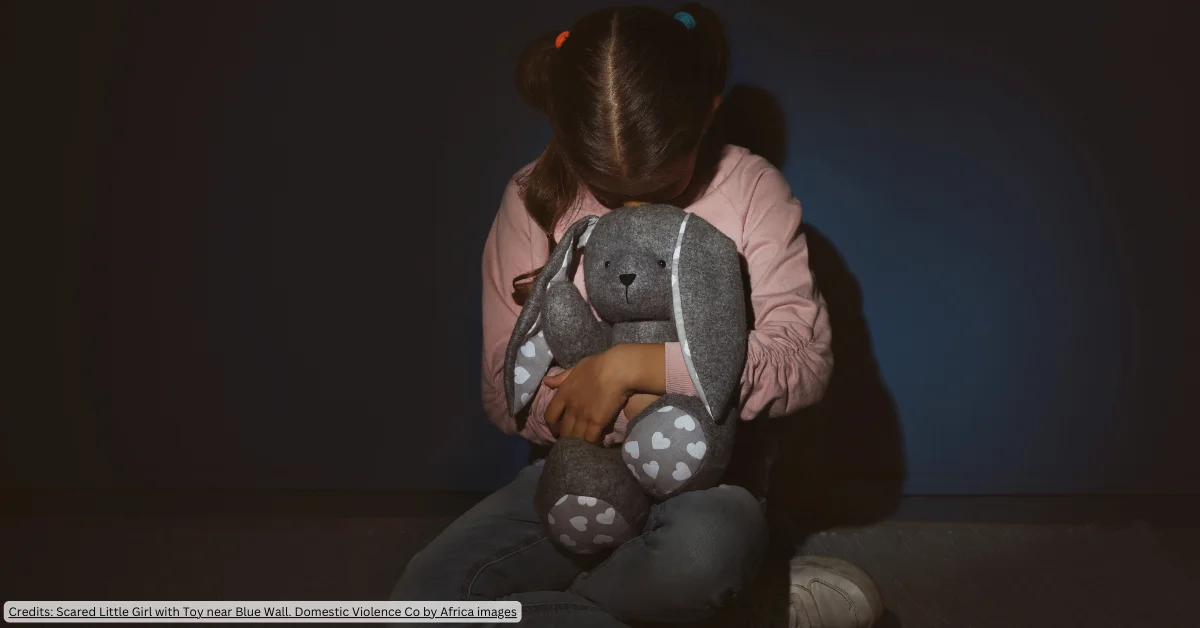The devastating earthquakes that struck south-eastern Türkiye (formerly Turkey) and north-west Syria on Monday, 6th January have caused concern for the wellbeing of women and children.
With more than 12,000 people having been killed and the death toll climbing, Plan International is extremely concerned for children, particularly girls and their families.
This disaster comes at a time when the people of north-west Syria were already struggling to survive, following years of conflict, economic collapse, a cholera outbreak, and freezing winter conditions.
Even before this crisis, many people have already been displaced multiple times and had limited access to healthcare.
Plan International is working urgently to assess the needs of the hardest-hit communities in northwest Syria.
With their local partners, they are working to provide for immediate lifesaving needs, including food and water, shelter and blankets to keep people warm, while meeting the specific needs of women and girls, including protections against violence and exploitation and sexual and reproductive health needs.
Plan International Australia has now launched an emergency appeal to support its response and welcomes the $10 million pledged by the Australian Government for humanitarian assistance in the crisis.
The organisation is extremely concerned about the toll that yet another crisis will take on children, particularly girls and their families.
“Our experience shows that children, especially girls, women and the poorest families, are often hardest hit in a disaster like an earthquake,” said Dr Unni Krishnan, Plan International Global Humanitarian Director.
“Women and children in the disaster zone will be at risk of exploitation and abuse, should they find themselves once again displaced. The protection and safety of children, particularly girls, must be a top priority.”
Plan International is deeply concerned about the psychosocial impact on children. Two catastrophic earthquakes, many deaths and injuries, and scenes of twisted steel and debris where once there stood homes, along with a constant fear of aftershocks, will have heightened fear and anxiety among children. Schools are closed and are providing shelter to those who have lost their homes, leaving children without their usual support frameworks.
“In the aftermath of earthquakes, children really do need support the most. Their lives have been turned upside down, and they need support to regain a sense of safety and normality while all is chaos around them.
Related: New report finds half a billion teenage girls remain unseen and underfunded in Australian aid
“It is extremely difficult to comprehend the scale of devastation the twin earthquakes have caused to the people of Türkiye and north-west Syria this week,” said Plan International Australia CEO Susanne Legena.
“But it is not too late to save lives. We are working with our partners as quickly as possible to establish what is most urgently needed and stand ready to scale up our operations and play our part in supporting those who have been affected. Over the coming weeks and months, we will remain with the families as we assess additional support needed including protection and psychosocial support.”
“We know many Australians are doing it tough right now given the current economic climate, but we also know Australians are a generous people. Any support at all is greatly appreciated,” she added.
Menchie Khairuddin is a writer Deputy Content Manager at Akolade and content producer for Third Sector News. She is passionate about social affairs specifically in mixed, multicultural heritage and not-for-profit organisations.
- Menchie Khairuddinhttps://thirdsector.com.au/author/menchi-kakolade-co/
- Menchie Khairuddinhttps://thirdsector.com.au/author/menchi-kakolade-co/
- Menchie Khairuddinhttps://thirdsector.com.au/author/menchi-kakolade-co/
- Menchie Khairuddinhttps://thirdsector.com.au/author/menchi-kakolade-co/











